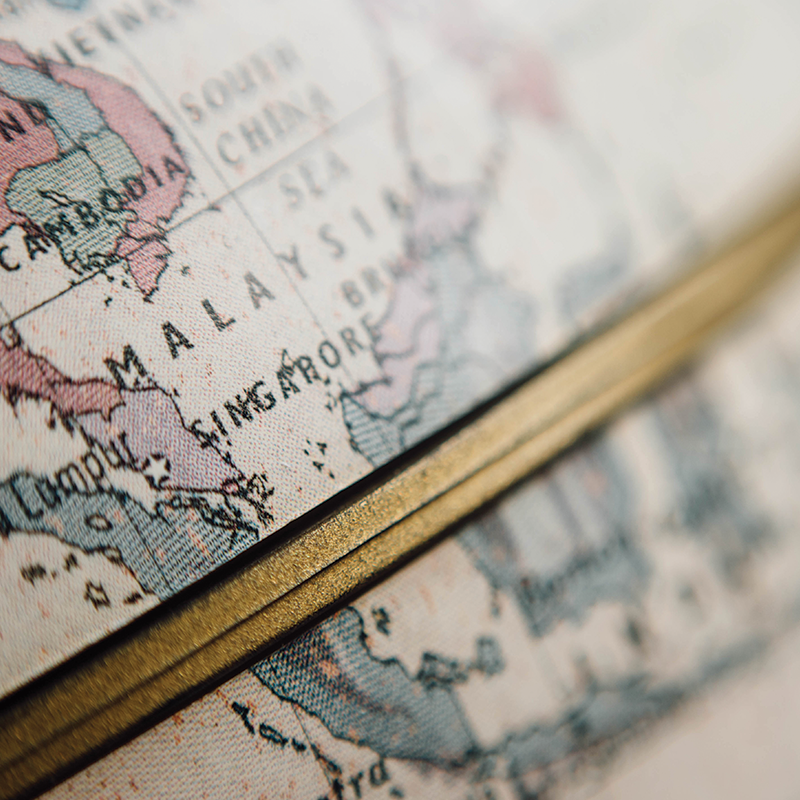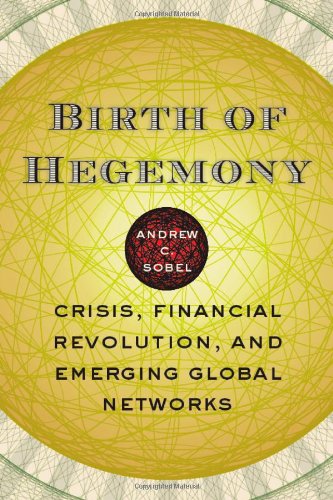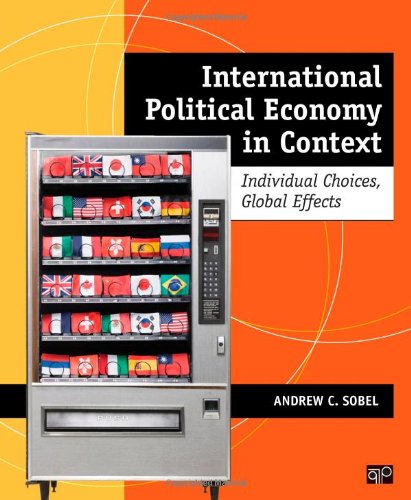Professor Sobel specializes in the politics of global finance with a focus upon domestic explanations of international behavior. He is the author or editor of six books and numerous articles.
Professor Andrew Sobel is a political scientist in the Global Studies Program at Washington University in St. Louis. He specializes in international political economy with a focus upon domestic explanations of international behavior; specifically the political economy of global finance, globalization, and development.
Professor Sobel earned his Ph.D. at the University of Michigan. Before coming to WU, he was a Fellow at the Brookings Institution, the Albert Gallatin Fellow at the Graduate Institute of International and Development Studies in Geneva, and a Visiting Fellow at the Foundation for Advanced Information and Research in Tokyo. Professor Sobel first came to WU as a Fellow at the Center in Political Economy and then joined the Department of Political Science, later moving to Global Studies after 20+ years. He has been a Visiting Fellow in the Wallis Institute of Political Economy at the University of Rochester and a Summer Fellow at the Center for Advanced Study of the Behavioral Sciences in Palo Alto. He served as the series editor at Georgetown University Press for its Series on Public Policy in a Global Economy. Professor Sobel has been on the Faculty Advisory Councils for the Center for the New Institutional Social Sciences at WU, the Whitney R. Harris World Law Institute at WU, and on the Global Advisory Committee at the Brown School of Social Work. He chaired WU’s Faculty Senate Council. He served as Director of Global Studies and is a former Program Director of the M.A. Program in International Affairs in University College at Washington University.
He is the author or editor of six books and numerous articles. His first book, Domestic Choices, International Markets, examines the politics underpinning the liberalization and globalization of national securities markets in Japan, the United Kingdom, and the United States. His second book, State Institutions, Private Incentives, Global Capital, explores the extraordinary transformation and reawakening of global financial markets, systematic differences in access for borrowers in the global capital pool, and the effects of national political institutions in explaining this metamorphosis and the differential access. Congressional Quarterly Press published his third book, Political Economy and Global Affairs. In his fourth book, The Challenges of Globalization, he edited a volume of papers from a conference on Globalization, State and Society. His fifth book, Birth of Hegemony: Crisis, Financial Revolution, and Emerging Global Networks, came out in the summer of 2012 from the University of Chicago Press. This book explores the public and private financial foundations of liberal hegemonic leadership by examining the three cases of such leadership over the past 400 years—the Dutch Netherlands, England, and now the United States. A sixth book, International Political Economy in Context: Individual Choices, Global Effects, was released by Sage/CQ Press in September 2012.





